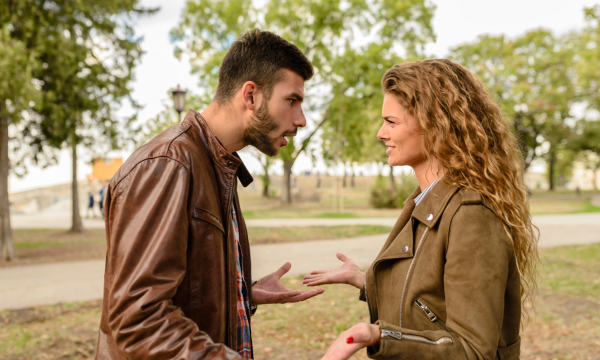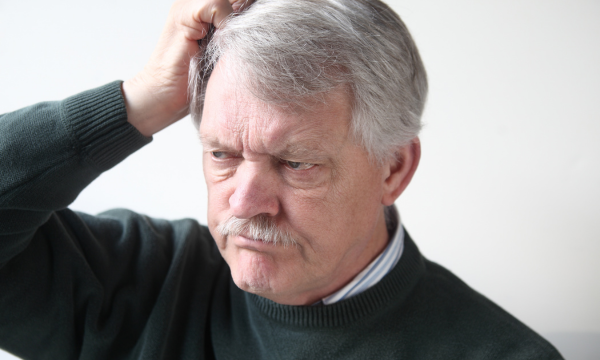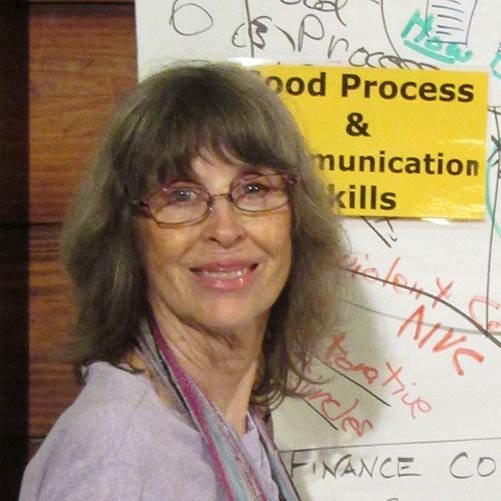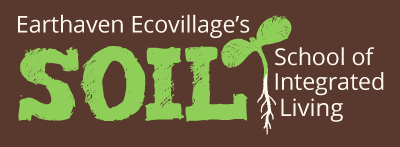Working Effectively With Three Kinds of Community Conflict
Seven-Week Online Workshop
May 8, 15, 23, 30 and June 15, 12, 19, 2025
Thursdays, 7–9:30 pm Eastern Time
Most conflicts in intentional communities and other member-led groups look like simple interpersonal conflict. But intentional community researcher, author, and consultant Diana Leafe Christian identifies three different sources of conflict — not only simple interpersonal conflict, but also what she identifies as “structural conflict” in her book Creating a Life Together, as well as the conflict arising from what she calls “especially challenging behaviors.”
In this workshop you’ll learn practical, workable solutions successful communities have used to resolve or contain each type of conflict. This workshop is for people in communities (or members of food co-ops, activist groups, and so on) who may have felt confused, baffled, or even hopeless about ongoing conflict in their group and seek grounded, field-tested solutions. There are things you can do!

I took a chance and encouraged my whole cohousing community to take Diana’s online course. Twelve of us participated! The course gave us tools to work with conflict on all levels. Diana has never been in better form: so present, energized, and open-hearted in her engagement with students. She brings a huge range of experience to her teaching, working with everything from the basics to subtle aspects of the conflict that inevitably arises when people live together. I believe that her course has supported us all to be better communitarians … and to share her great sense of humour!

Program
Session 1: Resolving Interpersonal Conflict and “Structural Conflict.” Overview of “Especially Challenging Behaviors.”
Session 2: Especially Challenging Behaviors — Six Ways We Can Protect Ourselves as Individuals
Session 3: Field-Tested Ways to Protect Ourselves from these Behaviors with Limits and Boundaries
Session 4: How Groups of Friends Can Protect Themselves from Especially Challenging Behaviors, Support Each Other, and Help the Community
Session 5: Meeting Disruptions, Member Demoralization, and People Leaving the Group — How Whole Communities Can Protect Themselves
Each session includes slide show presentations, discussion, and Q&A based on short videos and handouts to watch and read before the session.
Diana’s commitment to supporting communities to deal with conflict is full of insights from her own experience. Sharing stories with other communities adds value that can be taken back to strengthen our own. I appreciated the learning. Thanks for your ongoing efforts.
Workshop Recordings
The sessions will be recorded. Please note that if you choose to ask a question or make a comment on camera during the call, you will be included in the recording. You are welcome to use a pseudonym and/or keep your video off if you have privacy concerns.
This recording is shared with all registered participants within 48 hours of the session and may also be used in future online learning programs.
You may not share the workshop recordings with other people.
You have access to the recordings and class resources for one month after the end of the workshop.

Schedule
Thursdays, May 8, 15, 22, 29 and June 5, 12 & 19, 2025. 7–9:30 pm Eastern time. Seven 2.5-hour sessions.
Tuition
$195.00 – $295.00
Register
Group Registration
We offer a 20% discount for groups of five or more. At least five group members must register at the same time. Once the original group is registered, additional group members can register with a coupon for a 20% discount.
Click to register five or more group members.
If you have questions about registering your group, please contact us.
Sliding Scale Tuition
Because some people have more financial means than others, we have created a sliding scale fee system to accommodate a range of economic realities. The high-end of the scale reflects the value we believe the program holds, and the low-end offers a more accessible entry point.
By choosing a higher price point, you are helping make the program more accessible to others for whom the low-end may be cost-prohibitive. Please consider your needs and resources to determine what might be a stretch, but not a strain.
Scholarships
We offer partial scholarships (50% of the middle of the sliding scale) to black, indigenous and people of color (BIPOC) with financial needs who otherwise would not be able to afford to attend. We understand that BIPOC experience more financial and institutional barriers to participation, and this is one way we are able to create more access. If you identify as BIPOC with financial needs and would like to receive a scholarship, please contact us.
About the Instructor

Diana Leafe Christian
Faculty
Diana is author of the books Creating a Life Together: Practical Tools to Grow Ecovillages and Intentional Communities, about forming successful communities and ecovillages, and Finding Community: How to Join an Ecovillage or Intentional Community, and the Communities magazine article series "Working Effectively with Especially Challenging Behaviors." She speaks at conferences, offers consultations, and leads webinars and workshops internationally on starting successful new intentional communities, how existing communities can resolve conflicts and become more healthy and thriving, and sociocracy, a self-governance and decision-making method she finds especially effective for communities.
Earthaven Ecovillage is an affiliate of Bookshop.org. Our educational nonprofit, Culture’s Edge, will earn a commission if you click through this link to our bookstore or any of the book links on this page and make a purchase.
